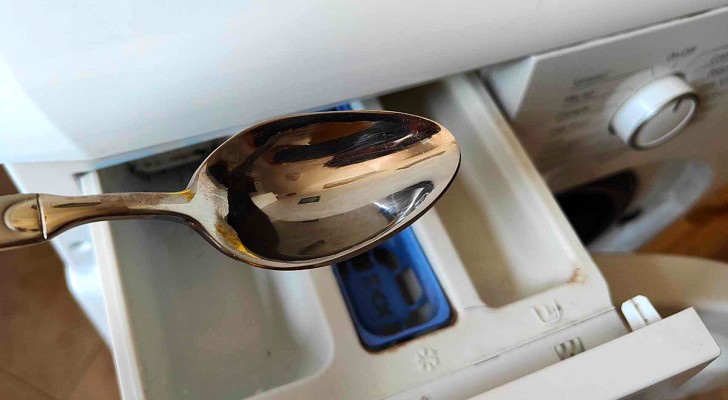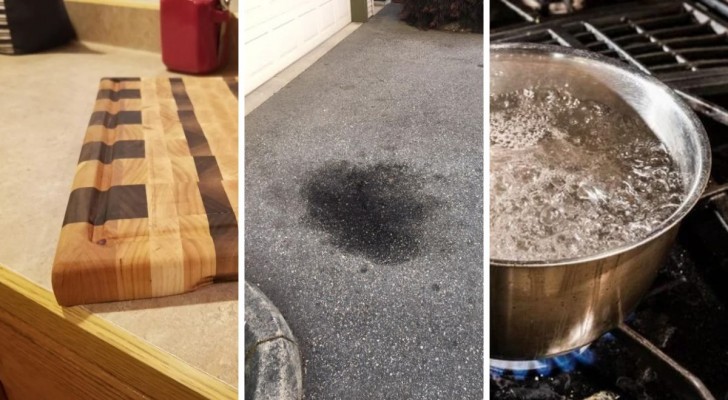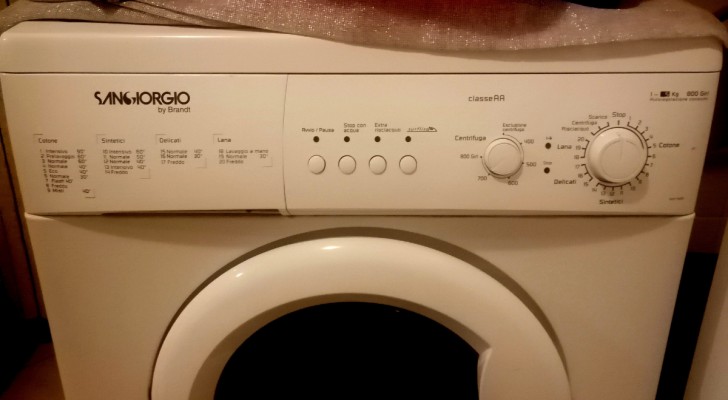Saving strategies: tips to spend less on energy bills and groceries
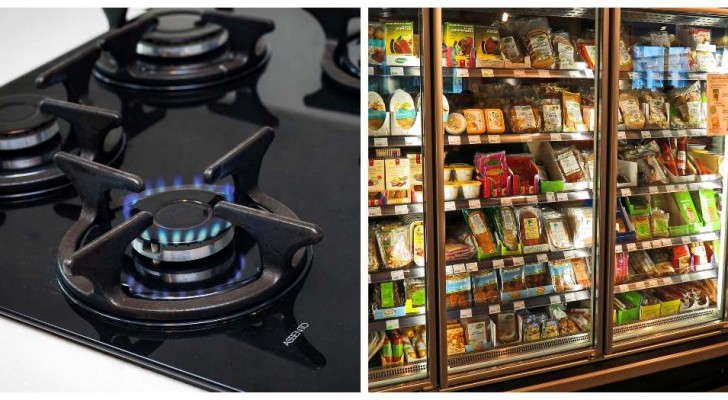
Saving is important these days. We don't always succeed, but trying to do so can pay off. And a lot also depends on the choices one makes.
It is thought, too often, that making small savings does not really impact the management of the family budget and the domestic economy. But this is not true. Every small saving can make a difference.
In this regard, we have compiled a short list of tips: short, but very useful and effective. Read on to find out more:
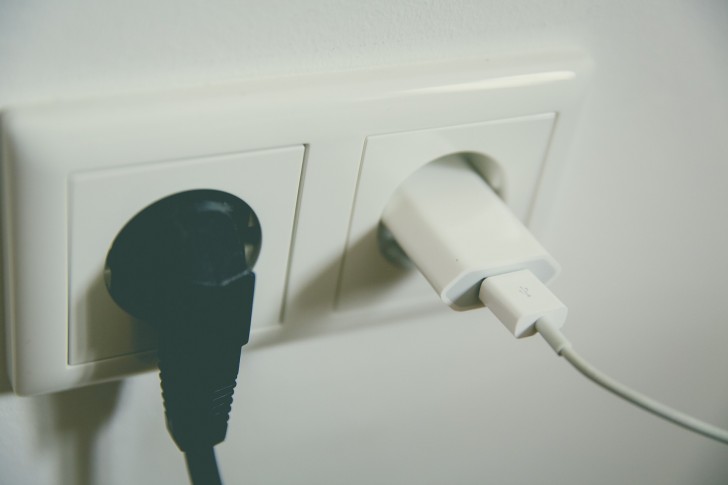
The primary resource of consumption at home - being one of the resources we use the most - is undoubtedly electricity. Reducing power consumption will certainly be a positive thing. There aren't many things to take care of, but they can make a difference:
- Choose energy-saving light bulbs (LED ones are highly recommended).
- Turn on the lights as little as possible during the day, especially when there is still sunlight.
- Avoid leaving unused appliances and chargers plugged in.
- Remember the time slots in which power consumption is cheaper.
- Do not leave the television or other devices on standby.
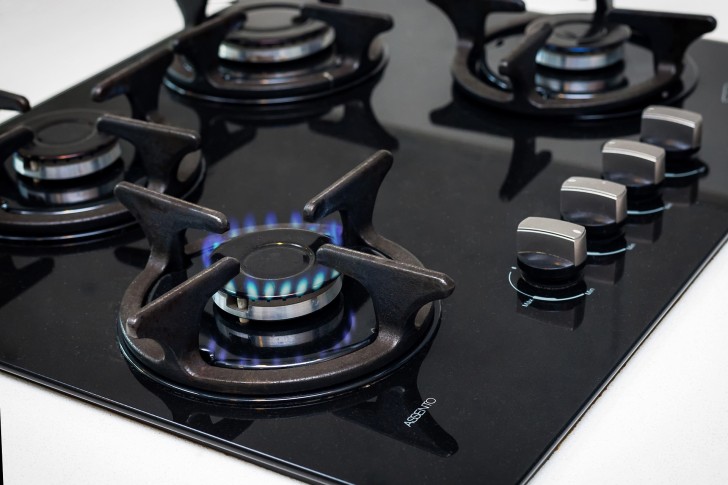
Gas is another very important resource that we pay dearly for. To try to save on its costs:
- Pay close attention to the boiler, making sure that it is always well maintained and that it is in good condition. If you don't have the knowledge to take care of it, a trusted plumber will obviously be able to give you the right advice.
- Also pay attention to the use of hot water, avoiding using too much when it is not necessary.
- As for heating, try to turn on the radiators only during the coldest hours. By heating your home with direct sunlight, you'll save a lot on gas. And in any case, every time you turn the heat on, make sure that the rooms are well insulated and that there is no heat loss. You can do this by sealing the windows and doors properly.
- Additionally, you can adopt a "passive cooking" strategy. Basically, this is a question of using gas as little as possible for cooking, exploiting the heat that remains after the stove has been switched off. To cook pasta, for example, bring the water to the boil with the lid closed, take the pasta out and cook it for a couple of minutes on the heat without the lid. Then, turn off the heat and continue to cook the pasta in boiling water with the lid closed, waiting a couple of minutes longer than the classic cooking time.
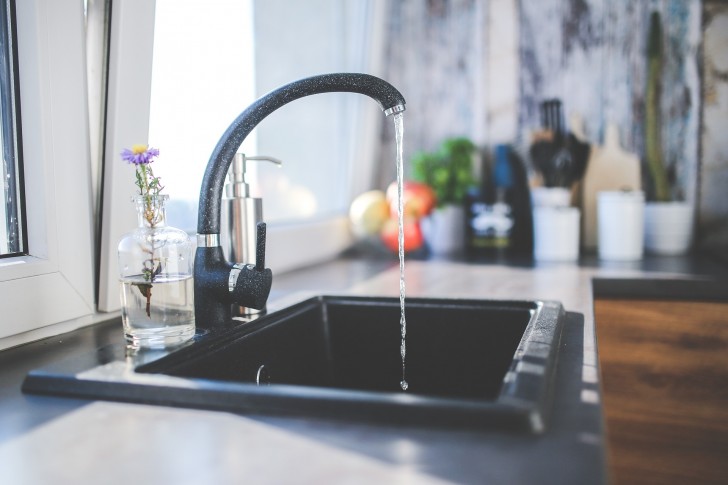
To reduce the cost of water it is advisable to reduce waste. So:
- Take showers instead of baths and always turn off the water while soaping yourself.
- Turn off the faucet while you soap the dishes. It seems like a small thing, but it is very important.
- Try to collect excess water so as not to waste it - for example when you run it waiting for hot water to arrive. The collected water can be used, among other things, to do the cleaning or to water the plants.
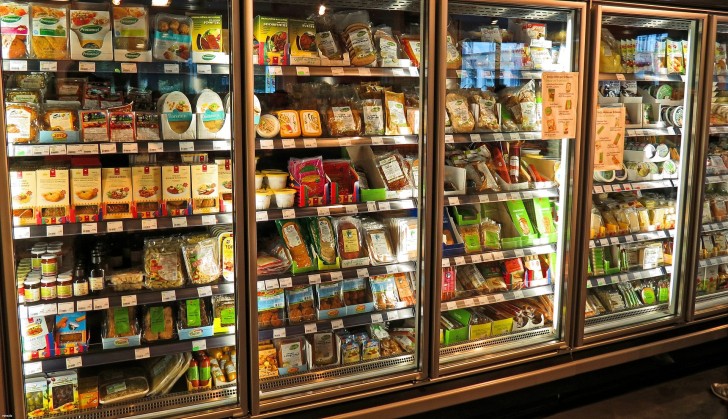
And here we come to shopping. Even here, some tips can only improve the situation of your finances. Therefore:
- Avoid going to the supermarket without a clear idea of what you need to buy and budget what you have to spend. Always try to make a list first, taking into account, in detail, everything you will need during the week. You can also help yourself by making a menu, so the list will be easier for you.
- For personal and home hygiene, choose convenience packs, refills, multipurpose detergents and reusable products, rather than disposable ones.
- Buy seasonal fruit and vegetables. It will be good for your wallet, the environment and your health.
- Be wary of over-hyped products and expensive brands.
Which of these strategies do you already use?
